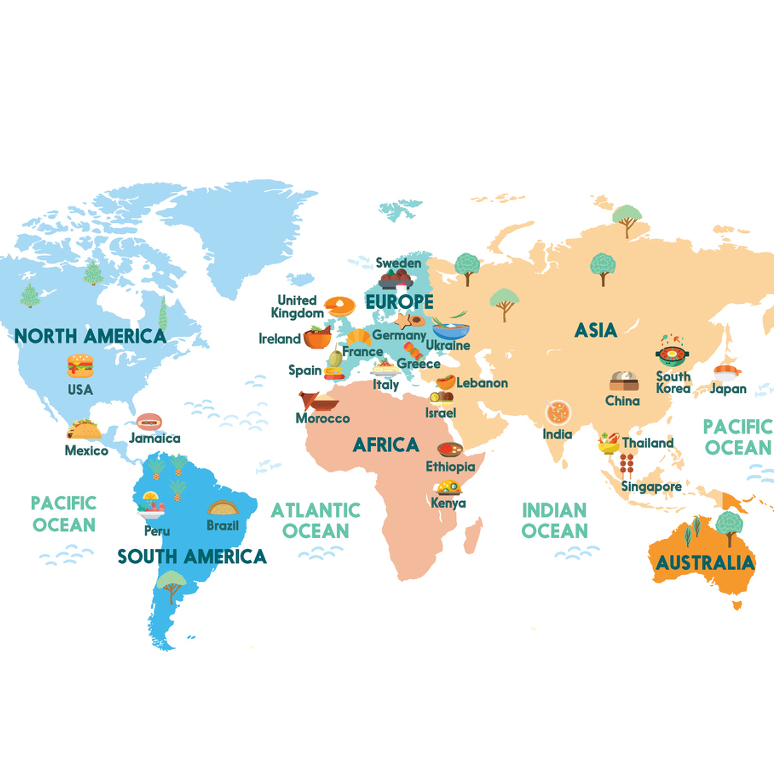What is the celebration of Yom Kippur? Yom Kippur, also known as the Day of Atonement, is the holiest day in the Jewish calendar. It is a day of reflection, prayer, and fasting, offering an opportunity for individuals and families to atone for their mistakes and seek forgiveness. While this day holds deep religious meaning for Jews, it’s also a valuable time for families of all faiths to learn about the importance of introspection, empathy, and forgiveness. Let’s explore the traditions and values of Yom Kippur together.
What is Yom Kippur?
Yom Kippur is part of the High Holy Days in Judaism and comes ten days after Rosh Hashanah, the Jewish New Year. These ten days are known as the Ten Days of Repentance or Days of Awe, a period for people to reflect on their actions over the past year and seek forgiveness from others. Yom Kippur marks the culmination of this period.
On this sacred day, Jews believe that their fates for the coming year are sealed in the Book of Life by God. The emphasis is on repentance, self-reflection, and making amends. It is a time to ask for forgiveness from God, from others, and from oneself.
Key Themes of Yom Kippur
- Atonement – One of the central themes of Yom Kippur is seeking forgiveness for past wrongdoings. This is a time for reflecting on our actions and sincerely apologizing to those we’ve wronged.
- Reflection – Families are encouraged to think about how they can be better in the coming year. This might include discussing personal goals for kindness, generosity, and community involvement.
- Fasting – For those physically able, Yom Kippur is marked by a 25-hour fast from food and drink. It’s a way of turning attention away from physical needs and focusing on spiritual cleansing.
- Prayer – The day is spent in prayer, with specific services dedicated to repentance. Many communities also recite the Vidui, or confessional prayers, as a group, reinforcing the theme of collective responsibility and forgiveness.
Family-Friendly Ways to Observe Yom Kippur
Even though fasting and extended prayer may be challenging for younger children, there are several meaningful ways families can honor Yom Kippur’s values together:
1. Create a Forgiveness Circle
Gather your family to reflect on the past year. Encourage each family member to think of moments where they may have hurt someone, even unintentionally, and take turns offering heartfelt apologies. This teaches the importance of accountability and emotional maturity. You can also extend the circle by writing letters of apology or thanks to friends and family members.
2. Make a Tzedakah (Charity) Box

Giving to those in need is an important part of Jewish life, especially during the High Holy Days. Help your children decorate a tzedakah box and commit to putting in coins throughout the year. On Yom Kippur, reflect on the importance of giving and consider donating the money to a charitable organization that’s meaningful to your family.
3. Family Journal of Reflection

Create a family journal where everyone writes down their thoughts on personal growth, challenges, and hopes for the new year. This can be a space for gratitude, apologies, or setting intentions. Revisit the journal each year to track how your family has grown together.
4. Storytelling and Quiet Time

While much of Yom Kippur is spent in contemplation, it’s also a great opportunity to share stories. Read books or tell stories that teach values like forgiveness, empathy, and kindness. Some families might also choose to turn off electronics and enjoy quiet time together, focusing on bonding and reflection.
5. Crafting Symbols of Renewal
After Yom Kippur, Jews celebrate Sukkot, the festival of harvest and renewal. Crafting simple projects like paper pomegranates, a symbol of abundance and righteousness, or creating family blessing jars with kind thoughts for the new year can serve as a bridge from the solemnity of Yom Kippur to the joy of Sukkot.
Talking to Kids About Fasting
Fasting is a core part of Yom Kippur for adults, but it can be a tricky subject to explain to children. For younger kids, you can frame fasting as a time when people take a break from food to think about what they’re grateful for. Older children might understand it as an act of humility, where people focus on inner strength rather than physical needs.
If children are not fasting, you can still involve them by offering simple meals and avoiding distractions during meal times to keep the focus on reflection.
Breaking the Fast

Yom Kippur ends with a festive meal to break the fast. This is typically a light, comforting meal, often featuring dishes like bagels, lox, kugel, and salads. Preparing the meal together can be a meaningful way to conclude the day, offering a moment for families to come together in gratitude.
Consider setting up a peaceful atmosphere for your meal, perhaps beginning with a candle lighting ceremony or reading a short prayer or reflection before eating.
Lessons for All Families
While Yom Kippur is a deeply spiritual day for Jewish families, the themes of reflection, forgiveness, and personal growth are universal. Families of all faiths can benefit from taking time to reflect on their relationships, to ask for forgiveness, and to make commitments to improve for the year ahead.
Whether through fasting, prayer, or simple acts of kindness and reflection, Yom Kippur provides an opportunity to cultivate mindfulness and reinforce values that strengthen family bonds. Embracing these practices as a family can deepen your sense of empathy, connection, and understanding with each other and the world around you.
Consider ending your Yom Kippur observance by breaking the fast with a meaningful meal. You can explore global flavors and traditions by preparing a delicious post-fast meal from eat2explore’s Explore Israel box, allowing your family to celebrate together with dishes inspired by the rich culinary heritage of Israel.
G’mar Chatima Tova! May you be sealed in the Book of Life!







